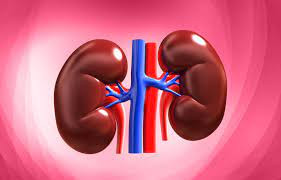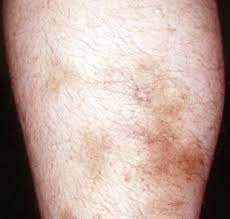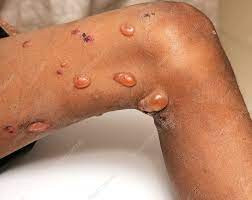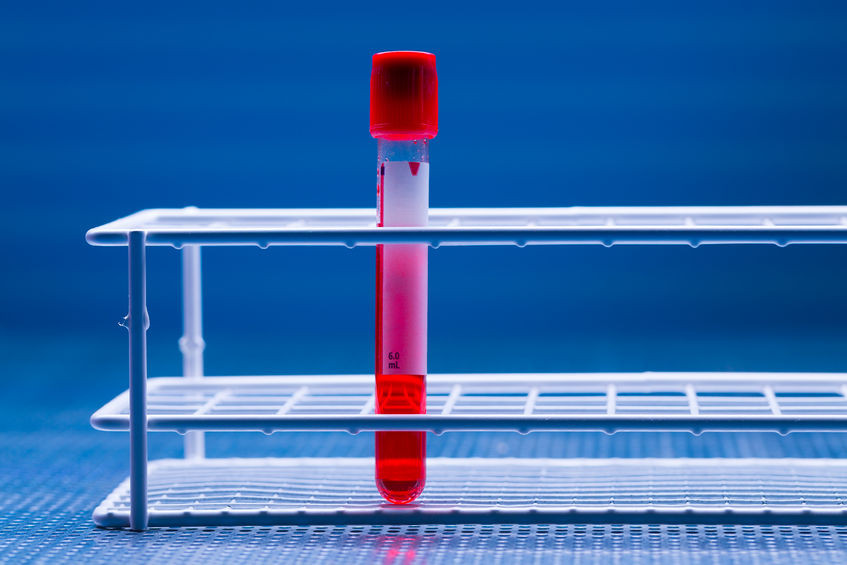Definition
IgA nephropathy, also known as Berger’s disease, is a kidney disease characterized by the accumulation of an antibody called immunoglobulin A (IgA) in the kidneys. This leads to inflammation in the kidneys, which can eventually result in impaired kidney function in filtering blood.
IgA nephropathy is one of the most common forms of primary glomerulonephritis worldwide. It is the primary cause of chronic kidney disease, with approximately 40% of patients progressing to end-stage renal disease within 20 years of diagnosis.
Interestingly, IgA nephropathy is more prevalent in Asian populations, with around 45 cases per 1 million population in Japan, compared to approximately 31 cases per 1 million population in Caucasian populations in France.
Causes
The kidneys are two bean-shaped organs, each about the size of a fist, situated in the back of the body on either side of the spine. Within each kidney are numerous small blood vessels that act as filters, removing waste substances, excess fluids, and other compounds from the blood as it passes through. After filtration, the cleaned blood returns to circulation, while the waste products, known as filtrate, are directed into the bladder and eventually expelled from the body as urine.
Immunoglobulin A (IgA) is an antibody the immune system produces to protect the body from foreign substances like bacteria or viruses. These antibodies are crucial for attacking disease-causing organisms and fighting infections. However, in IgA nephropathy, these antibodies accumulate in the kidneys' glomeruli—clusters of tiny blood vessels responsible for filtering blood—and attack them. This process leads to inflammation and damage in the glomeruli, resulting in blood and protein leakage into the urine. Over time, this damage impairs the kidney's ability to filter blood effectively.
While the exact cause of IgA accumulation in the kidneys remains uncertain, several factors may contribute:
- Genetics: IgA nephropathy tends to run in families and is more prevalent in certain ethnic groups.
- Liver disease: Conditions like liver cirrhosis, where healthy liver tissue is replaced with scar tissue, and chronic hepatitis (hepatitis B and C) can be associated with IgA nephropathy.
- Celiac disease: This autoimmune disorder triggered by gluten, a protein found in grain-based foods, may also be linked to IgA nephropathy.
- Infections: Certain infections, including HIV and other bacterial infections, have been implicated in the development of IgA nephropathy.
Risk factor
While the exact cause of IgA nephropathy remains unknown, several factors increase the risk of this condition, including:
- Gender: In North America and Western Europe, IgA nephropathy is more prevalent in men than in women, with men being affected more than twice as often.
- Ethnicity: IgA nephropathy is more commonly found in individuals of white and Asian ethnicity compared to those with darker skin tones.
- Family history: In some cases, IgA nephropathy runs in families, suggesting a genetic predisposition to the disease.
Symptoms
In the early stages, IgA nephropathy often progresses slowly and may not cause noticeable symptoms for years or even decades. However, the rate of disease progression varies among individuals.
This condition is typically suspected when routine testing reveals the presence of protein or red blood cells in the urine, which are not visible to the naked eye and can only be detected under a microscope.
The symptoms and signs of IgA nephropathy may include:
- Cola or tea-colored urine, resulting from the presence of red blood cells in the urine.
- Recurrent episodes of cola or tea-colored urine, sometimes accompanied by visible blood, particularly occurring during or after upper respiratory tract infections, other infections, or excessive exercise.
- Foamy urine due to protein leakage into the urine.
- Pain in one or both sides of the lower back below the ribs.
- Swelling in the hands and feet.
- High blood pressure.
Diagnosis
IgA nephropathy is often detected when individuals experience blood in the urine or when routine health tests reveal the presence of protein or blood in the urine. Diagnostic tests that help identify kidney disease and its type include:
- Urine tests: Blood or protein in the urine can be the initial sign of IgA nephropathy, often discovered during routine health checks. The doctor may conduct 24-hour urine and kidney function tests if kidney abnormalities are suspected.
- Blood tests: Elevated blood creatinine levels may indicate kidney disease.
- Kidney biopsy: This procedure is the gold standard for confirming a diagnosis of IgA nephropathy. A small sample of kidney tissue is obtained using a special biopsy needle and examined microscopically.
- Iothalamate clearance test: A contrast agent is used to evaluate the kidneys' filtration function in this test.
Management
Currently, there is no cure for IgA nephropathy, but medications can help slow down the progression of the disease. These medications include:
- Medications for high blood pressure: These drugs can lower blood pressure and reduce protein loss.
- Omega-3 fatty acids: In fish oil supplements, omega-3 fatty acids can reduce kidney inflammation without harmful side effects. However, it's important to consult a doctor before starting any supplements.
- Immunosuppressive drugs: In some cases, corticosteroids may be prescribed to prevent the immune system from attacking kidney tissue. However, these medications can cause serious side effects such as high blood pressure, high blood sugar, and increased risk of infection. Therefore, consultation with a healthcare professional is essential before starting these medications.
- Statin therapy: Cholesterol-lowering medications can help control cholesterol levels and slow down kidney damage, particularly in individuals with high cholesterol.
- Diuretics: These drugs are used to remove excess fluid from the blood, which can help control blood pressure.
The ultimate goal of treatment is to prevent the need for dialysis or kidney transplantation. However, in some cases, these interventions may be necessary to improve the condition.
Complications
Complications of IgA nephropathy may include:
- High blood pressure: Kidney damage caused by the accumulation of IgA can elevate blood pressure, leading to further kidney damage.
- High cholesterol: Elevated cholesterol levels increase the risk of heart attacks due to the blockage of coronary arteries.
- Acute kidney failure: If the kidneys lose their ability to filter blood due to IgA accumulation, waste products will rapidly accumulate in the blood.
- Chronic kidney failure: IgA nephropathy can cause the gradual loss of kidney function over time. This may eventually lead to permanent kidney failure, necessitating dialysis or kidney transplantation to prolong life expectancy.
- Nephrotic syndrome : is characterized by kidney (glomerular) damage, resulting in significant protein leakage in the urine, low blood protein levels, high cholesterol and fat levels, and swelling in the hands, feet, and abdomen.
Prevention
There haven't been any studies suggesting specific steps to prevent IgA nephropathy. If you have a family history of this condition, consulting with a doctor can guide on maintaining kidney health, such as keeping blood pressure and cholesterol levels normal. The doctor may recommend dietary changes for kidney disease like IgA, including:
- Limiting salt intake to help reduce swelling and lower blood pressure.
- Reducing fluid intake to manage swelling and lower blood pressure.
- Consuming low-saturated-fat foods and avoiding high-cholesterol foods.
When to see a doctor?
You should consult a doctor if you notice blood in your urine. Hematuria, or blood in the urine, can have several causes. If it persists or recurs, it may indicate a serious medical condition. You should also consult a doctor if you suddenly experience swelling in your hands and feet.
Looking for more information about other diseases? Click here!
- dr Nadia Opmalina
IgA nephropathy (Berger's disease) - Symptoms and causes. (2022). Retrieved 1 July 2022, from https://www.mayoclinic.org/diseases-conditions/iga-nephropathy/symptoms-causes/syc-20352268
Nephropathy, I., & Health, N. (2022). IgA Nephropathy | NIDDK. Retrieved 1 July 2022, from https://www.niddk.nih.gov/health-information/kidney-disease/iga-nephropathy
IgA Nephropathy. (2022). Retrieved 1 July 2022, from https://www.kidney.org/atoz/content/iganeph
Rajasekaran, A., Julian, B. A., & Rizk, D. V. (2021). IgA Nephropathy: An Interesting Autoimmune Kidney Disease. The American journal of the medical sciences, 361(2), 176–194. https://doi.org/10.1016/j.amjms.2020.10.003












